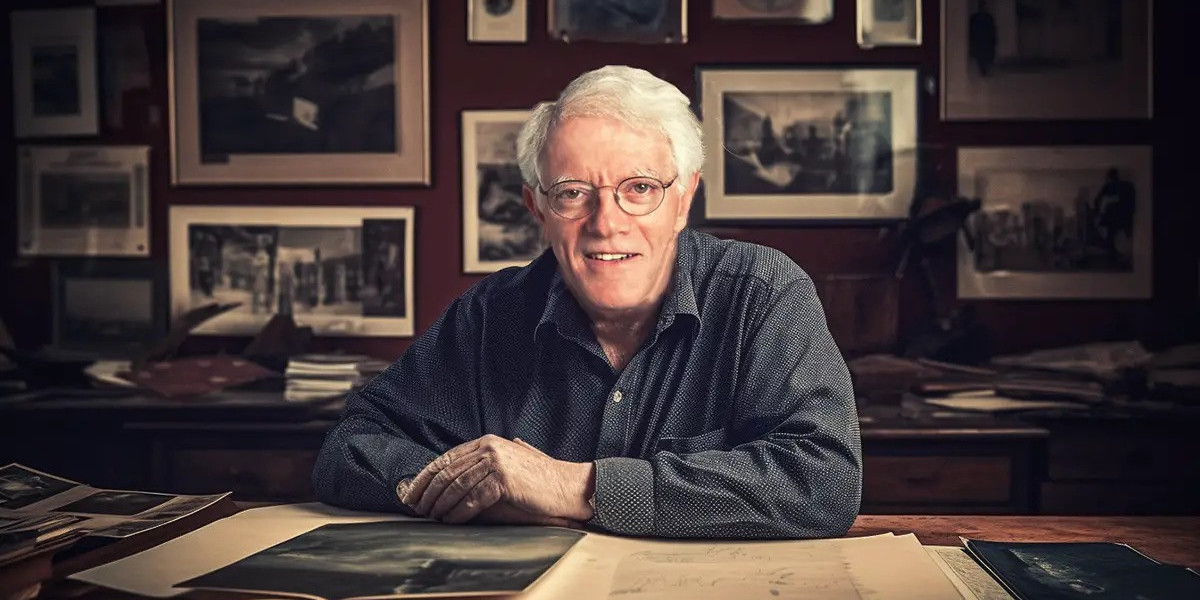Admired investor and philanthropist Peter Lynch has made a lasting mark on finance and beyond. His $450 million net worth shows his immense accomplishment and the force of desire to overcome any challenge. You'll discover Lynch's investment philosophy, early years and amazing investing and philanthropic successes.
Key Takeaways
- Peter Lynch apparently made $450 million via his successful investments, Fidelity Investments management, and book sales.
- Long-term investment tactics like GARP and portfolio diversification have helped him succeed. He succeeded through research, perseverance, and commitment.
- He also devotes himself to mentoring others by giving insights from his life and philanthropic activities.
Personal Investments
Perhaps one of the most prudent teenagers at that time, Peter Lynch earned his own money from odd jobs and invested $800 in his first stock purchase, Flying Tiger Airlines. Lynch bought the stock for $8 per share, and this price would soar to $80.
His profits from Flying Tiger Airlines stock were used to pay for his studies. After his first investment in life became so successful, it is no surprise that Peter Lynch was able to amass such a great fortune.
Lynch's management approach improved after managing the Magellan fund at Fidelity Investments.
Investment Fund Manager Career
Peter Lynch interned with Fidelity Investments in 1966, demonstrating his creativity. Luckily, he got an internship after caddying for the CEO. Lynch earned an MBA at Penn's Wharton School before taking a permanent position in 1969. After two years in the service, he married Carolyn Ann Hoff.
Lynch's first job in Fidelity was to monitor the mining, textiles and metals sectors. He was promoted to the Director of Research in 1974, and he became the manager of Magellan Fund in 1977.
When Lynch first began managing the Magellan Fund, there were 40 stocks in it. The then-CEO of Fidelity asked Lynch to minimize the investment to only 25 stocks. Instead, Lynch began gradually adding more stocks to the fund until there were a total of 1,400 investments.
Lynch was so confident in his investment strategies that he managed to grow the Magellan Fund by as much as 29.3% average annual returns. From $14 million to $18 billion, Magellan fund assets under management grew dramatically.
This was achieved by continuously producing high yearly returns for thirteen years. The Magellan Fund was the top worldwide mutual fund. As Lynch mentioned in his book Beating the Street, several of Ford's most profitable stock choices were Phillip Morris, MCI General Electric Lowe Kemper Fannie May Volvo and Public Utilities.
Best-Selling Author
Peter Lynch is an author and has co-authored several books. Three of his investing books are popular:
- In 1989, "One Up on Wall Street" was published.
- In 1994, "Beating the Street" was published.
- In 1996, "Learn to Earn" was published.
One Up on Wall Street sold more than a million copies.
In general, Lynch's investment philosophy stays relatively simple, and the first step is to 'invest in what you know.' Lynch stresses investing in good companies one understands well and has done thorough research on. Lynch is also credited with the concept of 'ten baggers,' which are stocks that can deliver ten times more than what was paid for them.
Peter Lynch's Net Worth Leads to Philanthropy Work
Peter Lynch applied his fortune in the right direction by establishing a charitable organization, The Lynch Foundation. Many projects under the foundation cover areas such as education, hospitals, medical research and cultural or historical organizations.
Peter Lynch remains a director of the Lynch Foundation. His years of practice, sharp mind, and willingness to give his money away are all reasons that support Peter Lynch's recommendation for the right path. Recent predictions put Peter Lynch net worth at $450 million in 2023.
Conclusion
The rise of Peter Lynch as an investor and philanthropist may coach anybody seeking financial success. Lynch's incredible success may be replicated by investors who buy in what they know, focus on growth at a reasonable price, and diversify their portfolios. His humanitarian work and mentorship initiatives inspire us to enhance our community and help others reach their potential.















